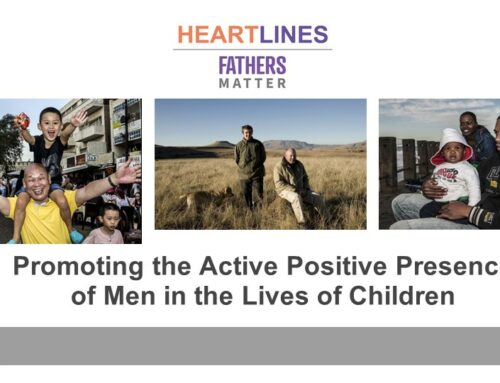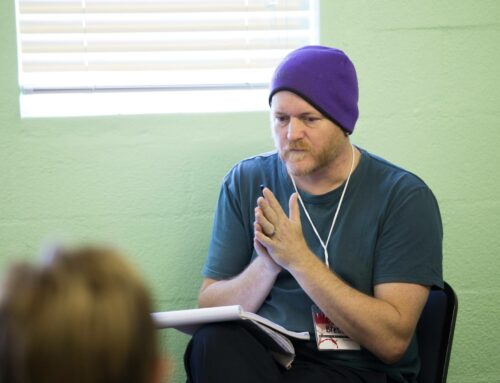A wise teacher once told the story of a man who was on a journey, who was mugged and beaten up, robbed of all his possessions and left on the side of the street to die.
About an hour later a religious leader walked by, saw the man on the ground, quickly crossed over to the other side of the street and went on his way.
Another half hour later, a wealthy businessman happened on the beaten up man as he was drinking his organic takeaway coffee and sending an important email on his phone. He too crossed the street and continued on his way without giving the man another thought.
A homeless man walked by with his trolley filled with bits of metal an cardboard that he was collecting to score some small change at the local recycling plant. He immediately went to the man to see if he was alright. He bandaged up the man’s wounds using the only clean shirt he had and then emptied his trolley of recycling goods and managed to get the man into it and walked him to the nearest hostel, where he gave up the money he had collected the previous day to cover two nights rest for the injured man. He told the hostel manager that he would be back in a couple of days with money for some more night’s sleep if it was necessary and then went on his way to start collecting once again.
The wise teacher is of course Jesus and the story we know as The Parable of the Good Samaritan has been updated and contextualised a little bit here to make it that bit more relevant for us. Jesus used the story to teach His followers who their neighbour was with the answer being, ‘Anyone who is in need’.
Many preachers have held up the Levi and the Priest [the religious leaders we expect to help who walk on their way and totally ignore the man in need] and the Good Samaritan [the man culturally hated by the jews] as the people we need to look at and compare ourselves to as we try and figure out how to be a good neighbour.
But i want to take it one step further. What if we are the ones who are beating up the man and leaving him for dead at the side of the road?
Just let that sink in for a moment – be outraged and quick to disclaim and stutter your “But but but of course i would never be that person.” But what if you are? Not directly as in you don’t go out and beat people up. But what about systemically.
Let me give you an example: If you have someone who cleans your house or maybe looks after your children or maybe someone who takes care of your garden and you are not paying them enough to help them get out of the cycle of poverty they are likely in, then are you not contributing to them lying beaten and bloody at the side of the road.
What about government systems and ways of life that seem normal but contribute to certain people succeeding and thriving over others – that help the rich get richer and contribute to the poor getting poorer. If we refuse to look at those systems and acknowledge them and do anything against them, are we not crossing the street and looking the other way and hoping to not have to get involved because of how it puts us out?
Would love your thoughts on this.







A powerful and thought-provoking challenge, Fish.
Thank you. Requires a lot more thought and self reflection from us all I think.
we are to defend the widow and the poor, and to be their voice crying for justice
This is fantastic. It gives new life to the story, similar to what I have tried to do in a few of my posts. You have succeeded in making me think and reflect – I read it twice to really let it sink in. Thank you for helping us understand the relevance of this important message. God bless.
Thank you so much and please feel free to share the link. I feel like it’s quite powerful but few people have read it today.
No problem. It is indeed a very powerful message and well written – I’m sure people will find it in time. I did a series on understanding the laws in Matthew 5 – these two are rewritten for modern day to (hopefully!) make them more understandable:
https://thebloggeronthemount.wordpress.com/2015/10/11/sermon-on-the-mount-1-anger-a-story/
https://thebloggeronthemount.wordpress.com/2015/10/15/sermon-on-the-mount-5-revenge-rewritten/
Thanks. Will try remember to check them out tomorrow.
[…] [For a Short Story with a bit of a Punch, click here] […]